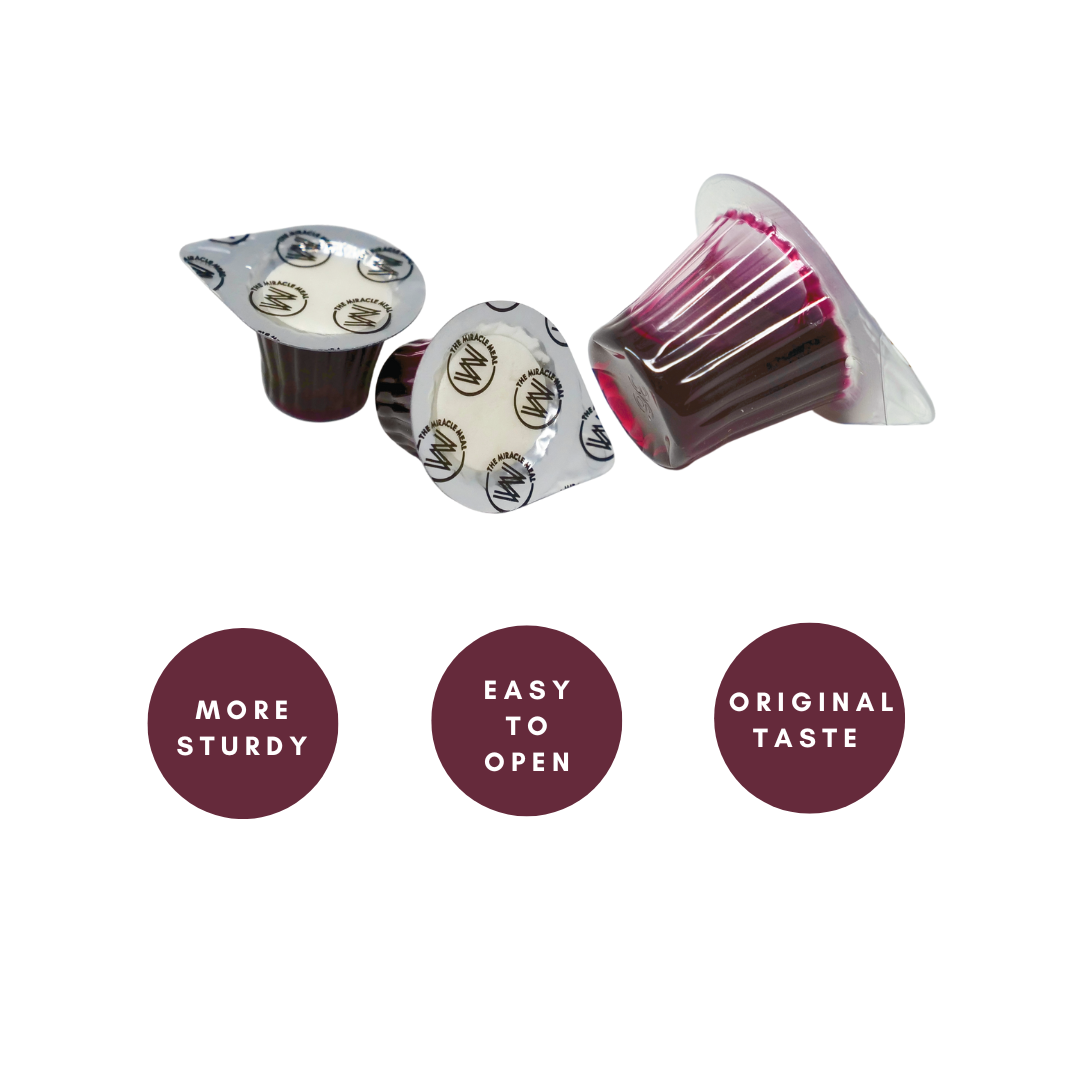What Are Prepackaged Communion Wafers Made Of?
In churches around the world, the observance of communion is a sacred ritual, central to worship and community. Yet, while many might partake in this tradition without a second thought, few actually consider the make-up of the communion elements themselves. As increasingly diverse congregations turn to prepackaged options for convenience and safety, understanding what these communion wafers are made of becomes both relevant and important. This article delves into the composition of prepackaged communion wafers, examining their ingredients and how these meet the requirements of tradition, dietary restrictions, and modern-day needs.
From ensuring the wafers are simple in their purity to adhering to dietary constraints, churches are keen to maintain a product that respects tradition while embracing the needs of modern congregants. In a world growing more health-conscious and diverse, providing a communion wafer that suits a variety of dietary needs, while still fulfilling its symbolic role, is crucial. This exploration is designed not only to shed light on what we consume during this holy sacrament but also to elucidate how technological advancements have allowed such a tradition to remain accessible in an ever-evolving world.
Ingredients of Prepackaged Communion Wafers
Traditional communion wafers are crafted mainly from just two ingredients: wheat flour and water. This simplicity is rooted in the historical account of the Last Supper and is intended to maintain the symbolic purity of the sacrament. The lack of leavening agents in the wafers is also significant, representing the unleavened bread that Jesus Christ and His disciples broke together. The production of these wafers involves mixing the flour and water, forming a dough that is then rolled out, cut into rounds, and baked until crisp.
Modern prepackaged communion wafers often follow this traditional recipe closely to honor the authenticity and symbolism embodied in Christian rites. However, some variations may exist, particularly in terms of gluten content. Many manufacturers now offer gluten-free options to accommodate individuals with celiac disease or gluten intolerance. These alternatives may substitute the wheat flour with other types of flour such as rice or potato to meet dietary needs without compromising the sacred symbolism.
Additionally, prepackaged communion wafers incorporate food-grade packaging elements to ensure that the wafers maintain their freshness and are sanitary for sacramental use. The packaging is designed to be tamper-evident and easy to open quietly, allowing the sanctity of the service to be preserved without distraction. The wafers are sealed alongside wine or grape juice in individual sets, allowing for convenient distribution without the need for preparation before the service.
Meeting Dietary and Religious Standards
With growing dietary consciousness, it is crucial that communion wafers meet certain dietary requirements without deviating from religious standards. For Catholics and many mainline Protestant denominations, the communion wafer must be entirely made of wheat to be considered valid for consecration. This poses a challenge for those within these faith traditions who have gluten intolerances, leading to the production of low-gluten alternatives which still contain a minimum amount of gluten to meet ecclesiastical guidelines.
For those outside these denominations, particularly in non-denominational or evangelical churches, there is often greater flexibility in what can be used as a communion element. Thus, gluten-free wafers using non-wheat flours have become increasingly common. These options allow congregants with celiac disease or gluten sensitivities to partake in communion without adverse health effects, creating an inclusive environment for worship.
Religious observance also demands that the production process adheres strictly to guidelines that maintain the sanctity of the wafer. This includes careful monitoring of the ingredient sources, ensuring that no additives, preservatives, or fermentation agents are included that could impact the wafer’s purity or symbolic worth. By maintaining strict quality control and religious adherence in production, manufacturers of these wafers can provide a product that is both safe for consumption and true to religious doctrine.
Benefits of Prepackaged Communion Wafers
The shift towards prepackaged communion wafers arises from several inherent benefits, particularly regarding convenience and hygiene. These wafers offer the advantage of being individually sealed, which greatly reduces the risk of contamination – a significant consideration in the age of heightened health awareness. This aspect ensures that each congregant receives a fresh, untouched wafer, which is particularly pertinent for large congregations where passing a single loaf or plate was once standard practice.
Moreover, the logistical ease provided by prefilled communion cups cannot be overlooked. For clergy and church volunteers, the preparation of communion for tens to hundreds of participants can be a demanding task. Prepackaged sets eliminate the need for preparation on the day of a service, allowing staff to focus on other aspects of worship. These sets are also ideal for outreach ministries and emergency situations where access to a church building or communion resources may be limited.
Finally, the consistent quality of prepackaged wafers ensures that each individual partaking in the communion receives the same level of purity and taste each time. The sealed packaging protects the wafers from environmental factors that could alter their quality or flavor, such as humidity or direct contact. With a shelf life of approximately one year, these products provide churches with the flexibility to maintain a reserve stock, knowing that they will remain in optimal condition until needed.
Conclusion
Understanding what prepackaged communion wafers are made of reveals their significance in maintaining both religious tradition and modern dietary requirements. By utilizing simple ingredients that adhere to ecclesiastical guidelines, these wafers symbolize the purity and unity central to the sacrament. Modern adaptations such as gluten-free options have allowed communion to be inclusive of all worshippers, adhering to the evolving needs of congregational life while preserving the essential nature of this holy observance.
To support your church’s communion needs with convenience and quality, visit our online store to explore our range of prefilled communion cups. With our sealed and easy-to-open packaging, we offer a practical solution that honors both tradition and modern dietary considerations, ensuring that every member of your congregation can participate fully in the sacrament.




